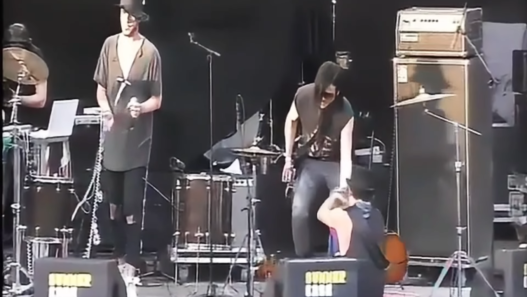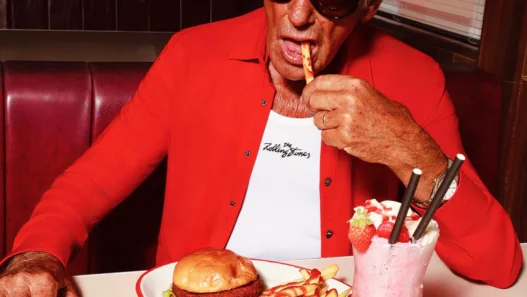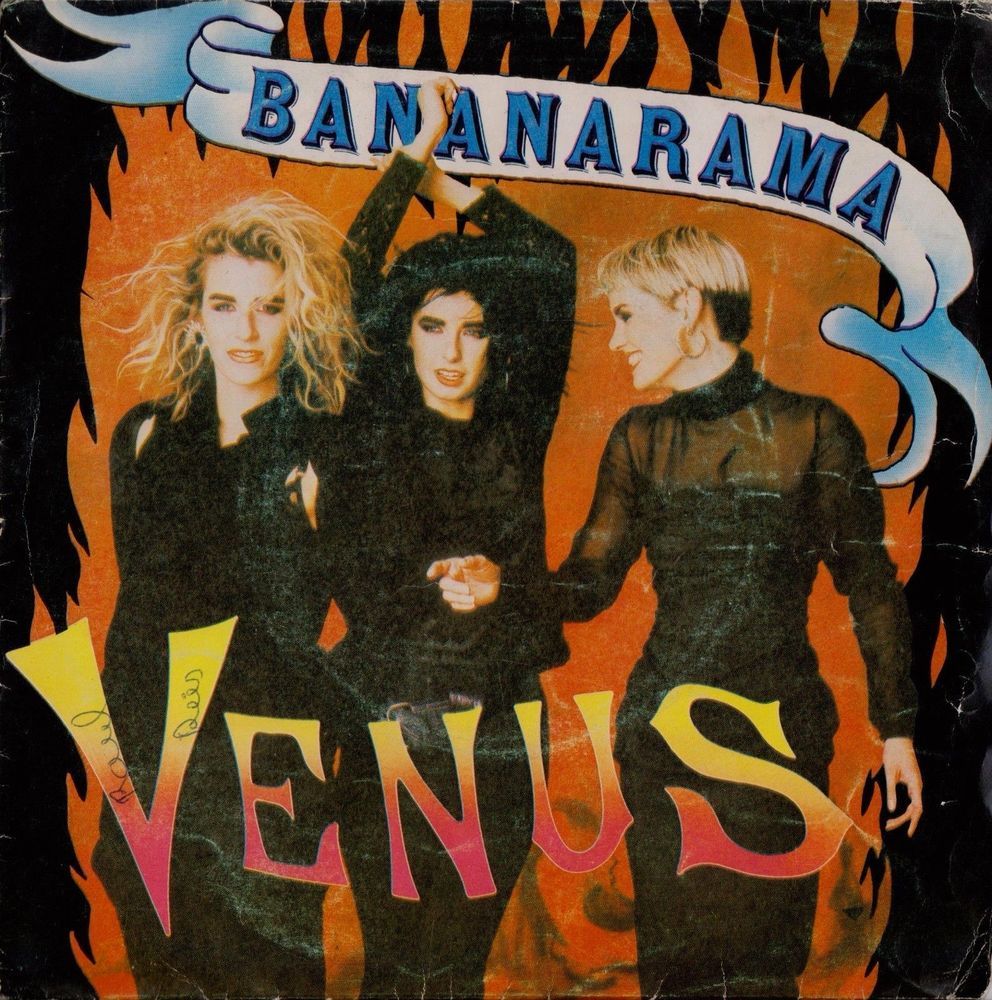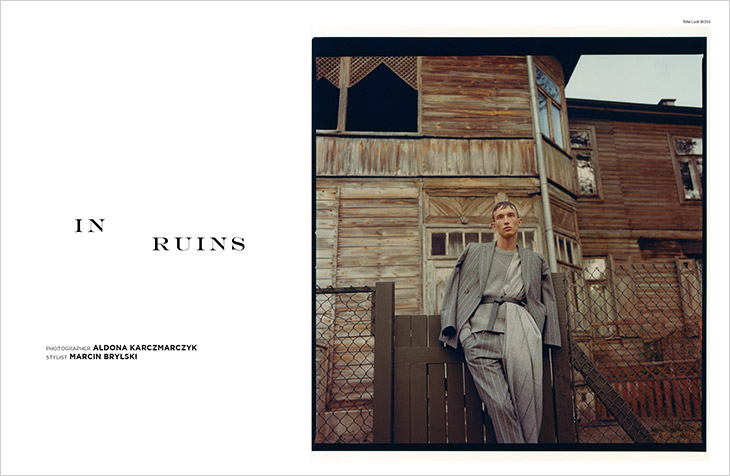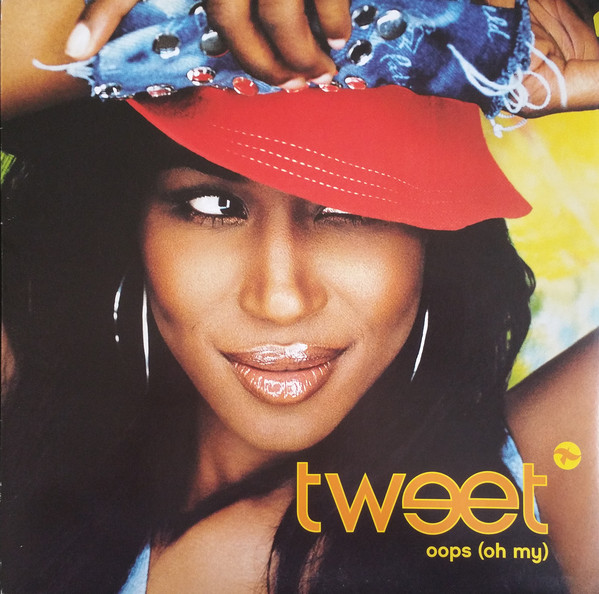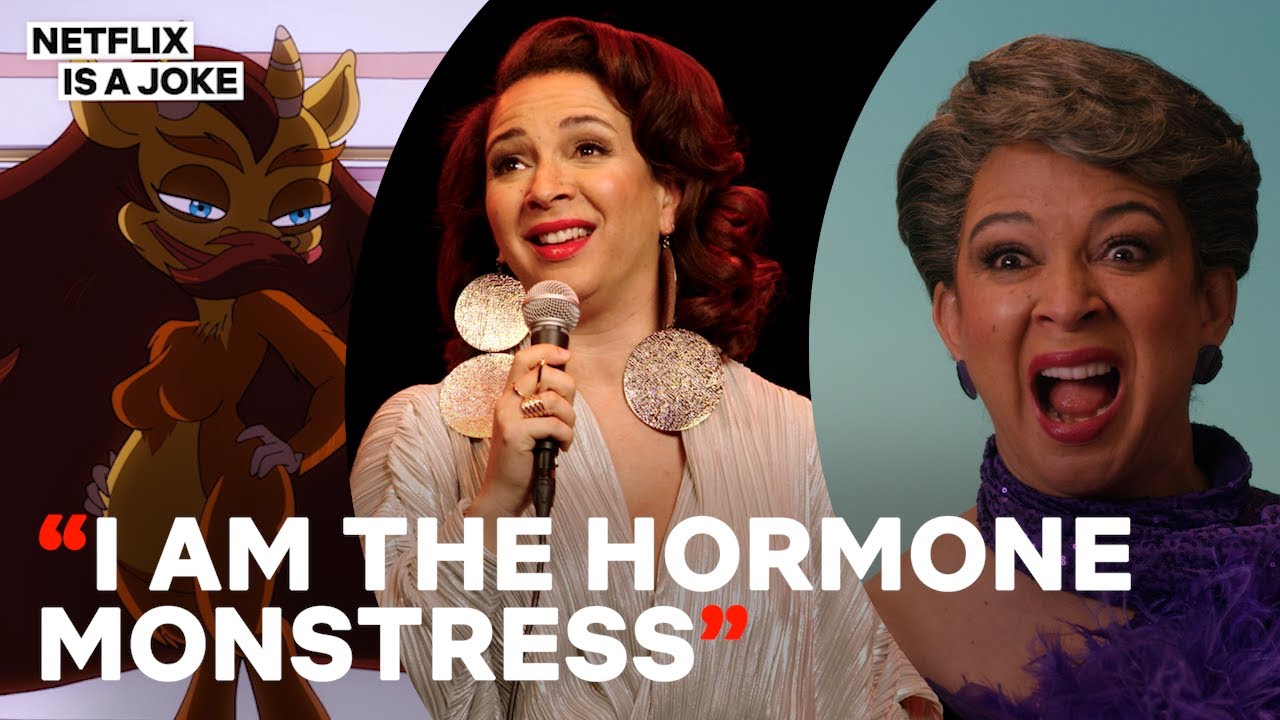Long before Bananarama got ahold of it, “Venus” was one of the silliest songs ever to top the Hot 100. In 1970, Robbie Van Leeuwen, guitarist of the
Dutch rock band Shocking Blue, blatantly ripped off the melody from “The Banjo
Song,” a 1963 single from a folk group called the Big 3, pairing it up with
the guitar riff from the Who’s “Pinball Wizard.” He wrote delirious,
nonsensical lyrics about a goddess on the mountaintop whose weapons are her crystal eyes. Van Leeuwen’s song, broken-English mispronunciations and all,
was a glorious piece of pop nonsense that conquered the American charts.
Sixteen years later, a trio of London new-wave scenesters who’d become pop stars took “Venus” and supercharged it, belting it out over a storm of dinky synth-bass bloops and drum-machine handclaps. If anything, Bananarama made “Venus” into something even more euphorically goofy. Bananarama didn’t just update “Venus.” They took a great song and made it better.
Thanks to Bananarama, “Venus” was the fourth song that topped the Hot 100 more than once. Bananarama’s “Venus” arrived at #1 after Donny Osmond’s cover of Steve Lawrence’s “Go Away, Little Girl,” Grand Funk’s version of Little Eva’s “The Loco-Motion,” and the Carpenters’ take on the Marvelettes “Please Mr. Postman.” Actually, though, Bananarama’s version of “Venus” was the third version of the song to hit #1, since “Venus” had been one of the songs in Dutch novelty act Stars On 45’s otherwise Beatles-dominated 1981 medley “Stars On 45.” America really loved this ridiculous song. Good for us. “Venus” kicks ass.
Bananarama had been singing “Venus” since the group first got together in 1979, though they didn’t record it until years later. Bananarama were creatures of London’s punk and new wave scenes, but they always knew a great pop song when they heard it. The Bristol natives Sara Dallin and Keren Woodward were childhood friends who’d moved to London together, and they formed Bananarama after meeting Siobhan Fahey in London. Dallin and Fahey were both students at the London College Of Fashion, while Woodward worked a day job at the BBC. All of them were broke as hell, and Dallin and Woodward were about to get kicked out of the hostel where they were living when they met former Sex Pistols drummer Paul Cook at a club. Cook let them move into a space above his rehearsal room. Pretty soon, they were all making music together.
For a little while, Bananarama — who’d named themselves partly in honor of the Roxy Music song “Pyjamarama” — sang backup for Professionals, the post-Sex Pistols band from Cook and guitarist Steve Jones. They also sang backup for Iggy Pop, the Jam, and whoever else needed backup singers. In 1981, Bananarama recorded a demo, a cover of Black Blood’s 1975 Swahili-language song “Aie A Mwana.” Paul Cook produced it, and it became an underground club hit. Terry Hall, former leader of second-wave ska greats the Specials, loved Bananarama’s version of “Aie A Mwana,” and he invited Bananarama to collaborate with his post-Specials group Fun Boy Three. Bananarama appeared on Fun Boy Three’s version of the 1939 jazz song “It Ain’t What You Do (It’s The Way That You Do It),” and that single peaked at #4 on the UK charts. Shortly afterward, Fun Boy Three guested on Bananarama’s version of “Really Saying Something,” a song originally recorded by the Motown girl group the Velvelettes in 1964. That “Really Saying Something” cover made it to #5 on the UK charts. Very quickly, Bananarama had become London pop stars.
Bananarama didn’t have a lead singer. None of the members of the group had polished voices. That wasn’t really part of the appeal. Instead, they were a cool, fun, egalitarian group who seemed to truly love singing these great old songs together. Their music fit in with the studied blankness of the post-punk zeitgeist, but it had its own kind of joy plainly visible underneath all that cool. In quick succession, Bananarama knocked out six singles that hit the UK top 10. The early ones didn’t go anywhere in America; only one of those songs, 1982’s “Shy Boy,” even made the Hot 100. (“Shy Boy” peaked at #83.) In 1984, though, “Cruel Summer,” a truly irresistible Bananarama single from the previous year, showed up on the soundtrack of The Karate Kid, and it made it to #9 on the American charts. (“Cruel Summer” is a 10.)
Bananarama co-wrote “Cruel Summer” with the production and songwriting team of Steve Jolley and Tony Swain. Jolley & Swain worked with the trio on most of their early hits. In 1986, though, Bananarama wanted to record “Venus,” the song they’d been singing together for so many years. They thought it could make a fun dance song. Jolly & Swain disagreed, so Bananarama went elsewhere. In 1985, the flamboyant synthpop group Dead Or Alive had scored a UK #1 with “You Spin Me Round (Like A Record),” a delirious and perfect dance-pop jam. (In the US, “You Spin Me Round (Like A Record)” peaked at #11. It’ll eventually appear in this column in sampled form.) “You Spin Me Round (Like A Record)” had been produced by Mike Stock, Matt Aitken, and Pete Waterman, a three-man production team who’d mostly made underground hi-NRG club tracks. Bananarama approached them and got them to agree to produce the group’s version of “Venus.” This was a great move.
Bananarama’s version of “Venus” isn’t that different from the Shocking Blue original. It’s got the egregiously stolen guitar riff, the maddeningly insistent melody, and the lyrics that were clearly written by someone who does not speak English as a first language. But Bananarama take the song and push it even further into the fun zone. Stock Aitken Waterman pile effects all over the track: Machine-gun handclaps, thundering booms, staccato keyboard stabs. They transform “Venus” into cheap, brittle dance-pop that’s busy enough to be disorienting. But the members of Bananarama don’t sound disoriented. They’re absolutely on top of that shit.
The members of Bananarama were all kids when Shocking Blue’s “Venus” came out, and they sound like three friends at karaoke, joyously howling out a song that they’ve loved ever since childhood. That’s the magic of the Bananrama version of the song. Shocking Blue’s Mariska Veres sang “Venus” in an icy deadpan, but the Bananarama transform that chill into ebullient energy. A lot of big pop covers of old hits sound like they were recorded at gunpoint, like the singers are just doing this so that their labels will stop bothering them. Bananarama’s “Venus” is the opposite of all that. The three singers all sound like they’re having a blast.
The “Venus” video makes the whole thing even better. Peter Care — who had already made videos for groups like Cabaret Voltaire and Killing Joke and Depeche Mode and who would later make the movie The Dangerous Lives Of Altar Boys — filmed the members of Bananarama in kitschy, mythic costume. They show up as devils and vampires and goddesses, and the whole thing is cheap and trashy and fun. I’ve seen people talking about the “Venus” video as the moment that Bananarama changed up their images, going from punky everywomen to glamorous, sexy starlets, but that’s not what I see in the “Venus” video.
Instead, I see three women dressing up and having fun. That comes through in the costumes and in the amateurish choreography they do when they’re not dressed up. The whole thing just has a great vibe. I see it, and I wish I could hang out with these people.
After “Venus,” Bananarama kept cranking out UK hits for years. (They made the UK top 20 as recently as 2005.) In the US, though, only one more Bananarama single, 1987’s Stock Aitken Waterman collab “I Heard A Rumour,” made the top 10. (“I Heard A Rumour” peaked at #4. It’s a 6.) In 1988, Siobhan Fahey got tired of Bananarama’s plasticy dance-pop direction, and she left the group. Fahey married and then divorced Eurythmics’ Dave Stewart, and she also formed the duo Shakespeare’s Sister, who peaked at #4 with the 1992 single “Stay.” (“Stay” is an 8.)
Bananarama went on without Fahey. First, Dallin and Woodward replaced her with another singer for a few years, and then they kept going as a duo. They’ve toured and recorded consistently for nearly 40 years now. (Woodward, incidentally, has been in a relationship with former Wham! member Andrew Ridgeley since 1990. I think that’s awesome.) Fahey stayed on good terms, rejoining the group for a one-off single here or a performance there. In 2017, Fahey rejoined Bananarama for a full global tour before leaving again. Bananarama put out an album in 2018. They’re still going, but we probably won’t see them in this column again.
We will, however, see the team of Stock Aitken Waterman, who piggybacked on the success of “Venus” to become a big centrist dance-pop brand name for a few years. In the UK, Stock Aitken Waterman were a dominant and vaguely oppressive force. In the US, they didn’t quite take over the charts, but they had more hits in them.
GRADE: 8/10



